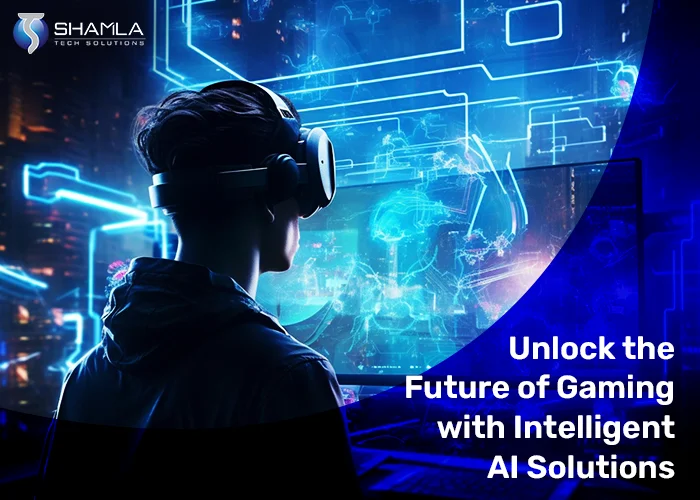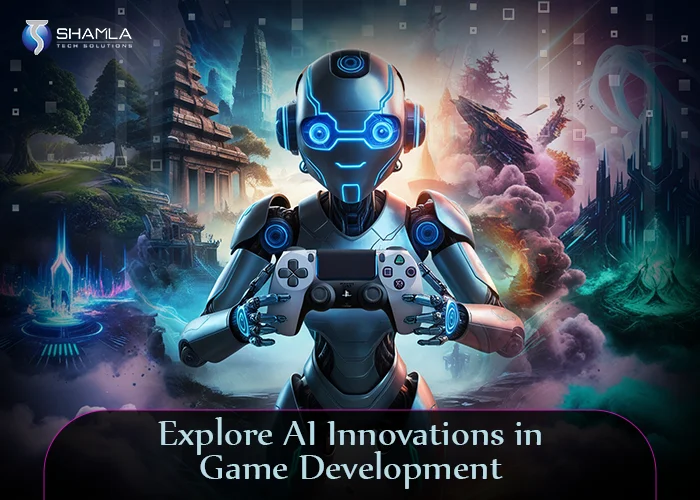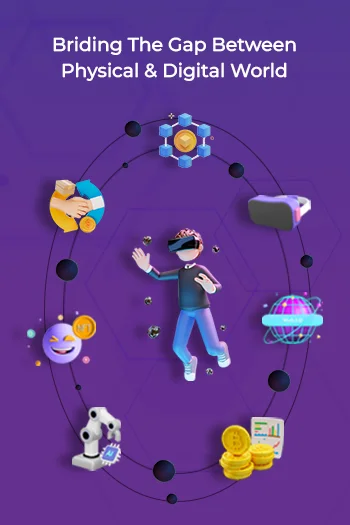The gaming industry has always been at the forefront of technological advancements, constantly seeking new ways to enhance player experiences and create more immersive worlds. One of the most significant developments in recent years is the integration of artificial intelligence in game development. AI has revolutionized the way games are designed, developed, and played, offering a myriad of possibilities for both developers and players. In this blog, we will explore the impact of gaming AI, the evolution of artificial intelligence games, the benefits of AI games online, and the role of AI game development companies in shaping the future of the industry.

The Evolution of Artificial Intelligence in Game Development
Early AI in Gaming
The Rise of Advanced AI
The Impact of Gaming AI
Enhancing Player Engagement

Adaptive Gameplay
Realistic Environments
AI is also instrumental in creating realistic environments that respond to player actions. In games like “Assassin’s Creed” and “The Elder Scrolls V: Skyrim,” AI is used to generate dynamic weather patterns, realistic ecosystems, and lifelike NPC interactions. These elements contribute to a more immersive and believable game world.
AI Games Online
Intelligent Matchmaking
Personalized Recommendations
Anti-Cheat Systems
The Role of AI Game Development Companies
Pioneering AI Technologies
Custom AI Solutions

Collaboration and Integration
The Future of AI in Game Development
AI-Driven Storytelling
Procedural Content Generation
Enhanced Realism and Immersion
Advanced AI Opponents

Conclusion
The integration of artificial intelligence in game development has already transformed the gaming industry, offering unprecedented levels of immersion, engagement, and innovation. From enhancing player interactions and adaptive gameplay to creating realistic environments and intelligent matchmaking, AI has become an indispensable tool for game developers.
As AI technology continues to advance, the possibilities for gaming AI are limitless. AI game development companies will play a crucial role in pioneering new technologies and solutions, driving the industry forward. The future of AI in game development promises even more sophisticated and immersive gaming experiences, with AI-driven storytelling, procedural content generation, enhanced realism, and advanced AI opponents on the horizon.
In conclusion, the collaboration between AI and game development is not just a trend but a revolution that will shape the future of the gaming industry. With smarter AI, we are on the cusp of creating smarter games that will captivate and inspire players for generations to come.



